
Vueron Newsletter
No. 83
2024.01.23
| Baidu and Huawei forge strategic partnership for advanced navigation and smart cockpit technologies | ||
| Waymo seeks to expand driverless service to Los Angeles | ||
| Opticore and Lambda innoVision collaborate on LiDAR technology for autonomous driving | ||
| TuSimple Redirects Focus to APAC Amid Autonomous Driving Industry Challenges |
1. Baidu and Huawei forge strategic partnership for advanced navigation and smart cockpit technologies
-
- Baidu and Huawei signed an ecological cooperation agreement on January 18, 2024.
- Focus areas include navigation, Advanced Driver Assistance Systems (ADAS), and Huawei’s smart cockpit technology.
- Collaboration aims to enhance navigation and travel experience by integrating Baidu Map’s features into Huawei’s smart cockpit.
- Features include full-scene voice interaction, lane-level navigation, instrument/Head-Up Display (HUD) navigation, personalized voice packages, real-time parking navigation, and car-to-car connectivity.
- Baidu Maps’ traffic light countdown and real-time parking navigation contribute to safety and efficiency.
- Services will be integrated into vehicles like Luxeed S7 and Aito M9 with Huawei’s smart cockpit.
- Baidu’s experience in self-driving taxis through the Apollo project in Beijing is part of the collaboration.
- BYD, a notable automaker, relies on its own R&D team and opted out of the agreement with Baidu on autonomous driving tech.
- Suggests the auto industry in China might see two competing blocks: one using Huawei & Baidu solutions and the other clinging to BYD’s tech.
- The partnership is expected to play a significant role in shaping the future of smart transportation ecosystems.
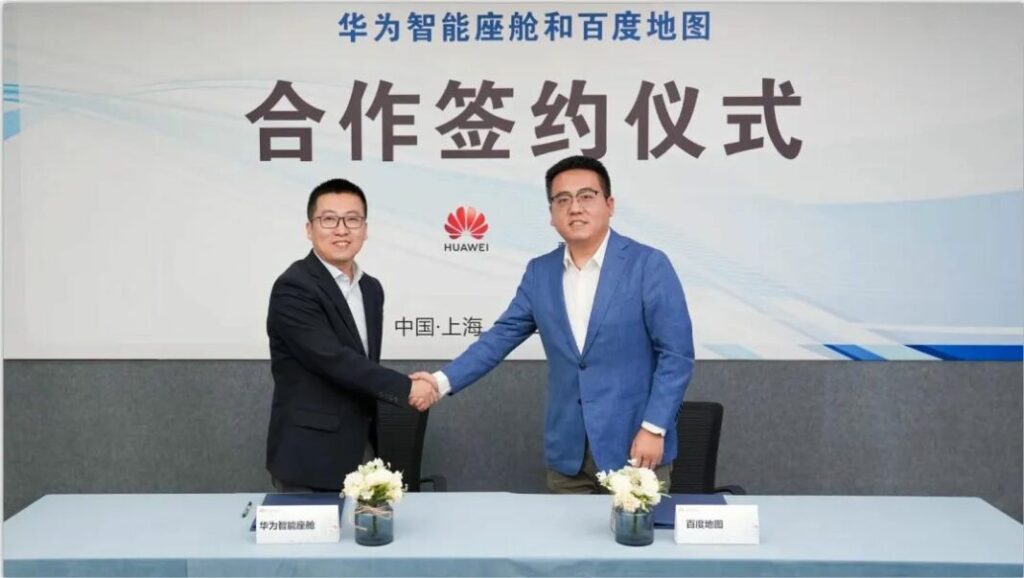
Baidu’s expertise in high-precision maps gives it an advantage, potentially positioning it as a leader in the evolving smart transportation industry. The article suggests a possible division in the Chinese auto industry between companies adopting Huawei & Baidu solutions and those sticking to their own technologies, as seen with BYD.
2. Waymo seeks to expand driverless service to Los Angeles
-
- Waymo, Alphabet Inc’s autonomous driving unit, has applied to the California Public Utilities Commission to expand its driverless service in Los Angeles.
- A license from the commission would enable Waymo to fully operate its autonomous fleet in Los Angeles, where it is currently testing rides with new rides available only by invitation.
- Waymo announced on social media that it would collaborate with Los Angeles policymakers, first responders, and community organizations for the launch of its ride-hailing service, but no specific launch details were provided.
- The company recently started testing fully autonomous passenger cars without a human driver on freeways in Phoenix, Arizona, and plans to operate in Austin, Texas.
- Waymo had previously faced regulatory scrutiny, leading to a delay in its efforts to develop commercial autonomous trucking technology.
- General Motors’ Cruise driverless car unit paused all supervised and manual car trips in the U.S. last year after an accident resulted in the suspension of driverless vehicle operations.
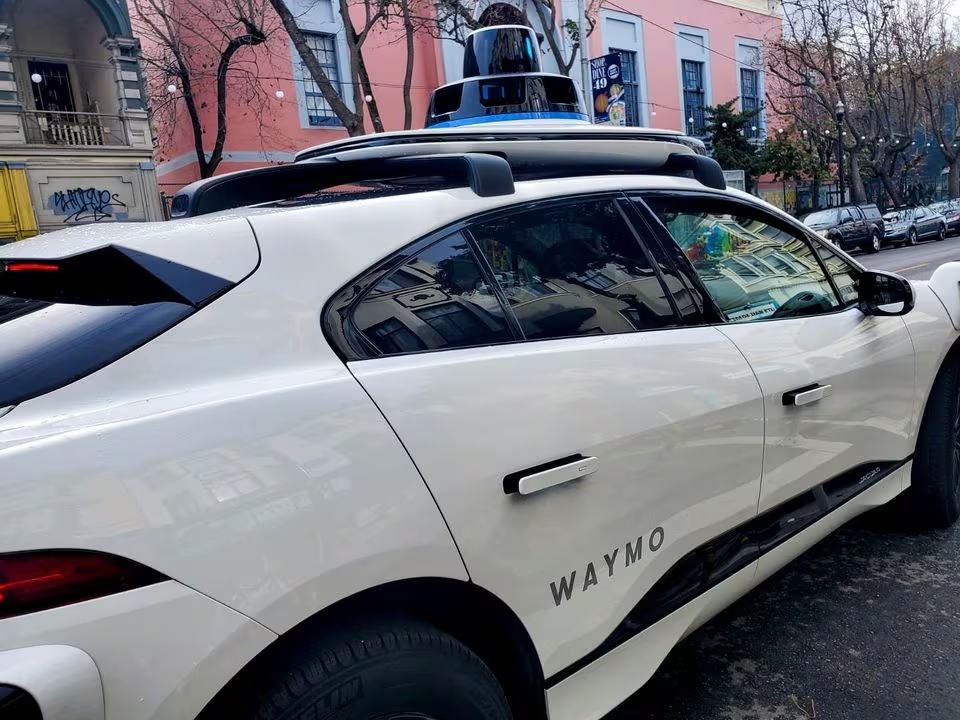
The testing of fully autonomous passenger cars in Phoenix indicates Waymo’s confidence in progressing toward driverless operations and highlights the geographical diversity of its testing locations. The article mentions regulatory scrutiny faced by Waymo in the past, emphasizing the challenges and scrutiny the autonomous driving industry is subject to, potentially impacting development timelines.
3. Daimler Truck and TORC Robotics Select Aeva to Supply Advanced 4D LiDAR Technology for Series-Production Autonomous Trucks
-
- Aeva, a leader in sensing and perception systems, and Daimler Truck AG have announced a collaboration for long and ultra-long-range LiDAR for Daimler Truck’s autonomous commercial vehicle program.
- Aeva will supply its Aeva Atlas automotive-grade 4D LiDAR technology to Daimler Truck, working with Torc Robotics to enable SAE Level 4 autonomous capabilities on the Class 8 Freightliner Cascadia truck platform.
- The collaboration aims to integrate LiDAR sensors directly into Daimler Truck’s production process, allowing customers to buy autonomous-ready trucks directly from manufacturing plants without retrofitting sensors.
- Torc will sell its virtual driver technology and supporting services as a customer subscription, utilizing Aeva’s perception software for faster and more accurate object detection.
- The multi-year collaboration begins in Q1 2024, with Aeva’s start of production by 2026 and Daimler Truck’s production ramping up by 2027.
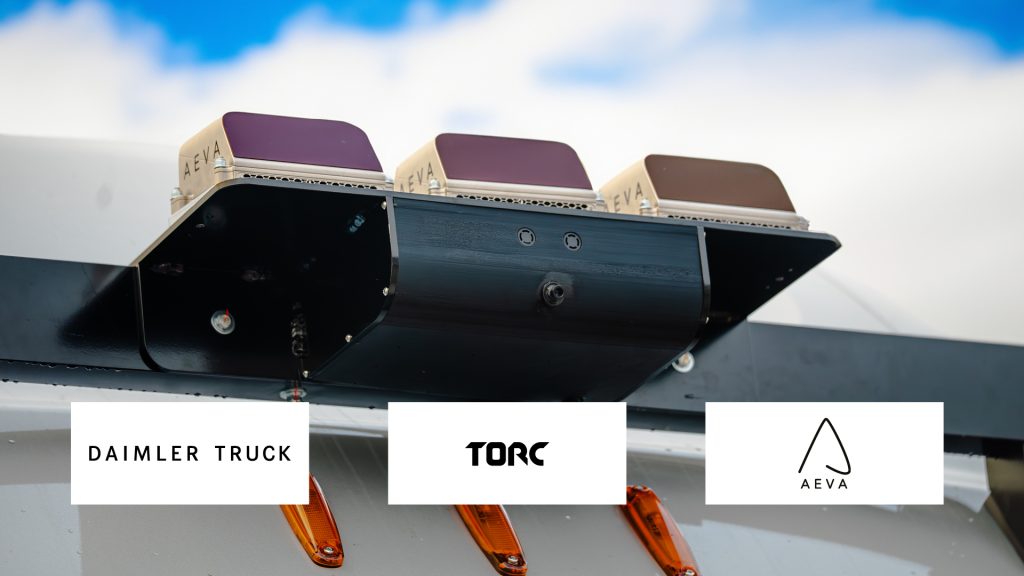
The collaboration between Aeva, Daimler Truck, and Torc represents a significant step in the development and deployment of autonomous commercial vehicles. The integration of LiDAR sensors directly into the production process streamlines the process for customers, reflecting a strategic approach to making autonomous-ready trucks more accessible.
4. Opticore and Lambda innoVision collaborate on LiDAR technology for autonomous driving
-
- Optical transceiver manufacturer Opticore has formed a strategic alliance with Lambda innoVision to develop LiDAR technology for autonomous driving.
- The collaboration involves joint development of LiDAR technology and mutual support in areas such as sales, investment, and manufacturing to achieve synergies.
- LiDAR (Light Detection and Ranging) technology utilizes laser signals to measure information about objects in the environment, providing data on location, distance, and speed of surrounding objects for autonomous driving systems.
- Opticore and Lambda innoVision aim to develop a narrow linewidth laser crucial for FMCW (frequency-modulated continuous wave) LiDAR, using low-cost, off-the-shelf laser chips and Opticore’s microcomponent packaging technology to enhance performance and reduce costs.
- Lambda innoVision is specifically working on an FMCW LiDAR sensor that measures distance and speed based on the laser’s frequency, aiding in obstacle detection for autonomous vehicles.
- The collaboration focuses on overcoming the limitations of visibility and accuracy in cameras and radars used in autonomous driving.
- Opticore emphasizes leveraging its original technology to advance the development of LiDAR for autonomous driving and expand into new growth areas.
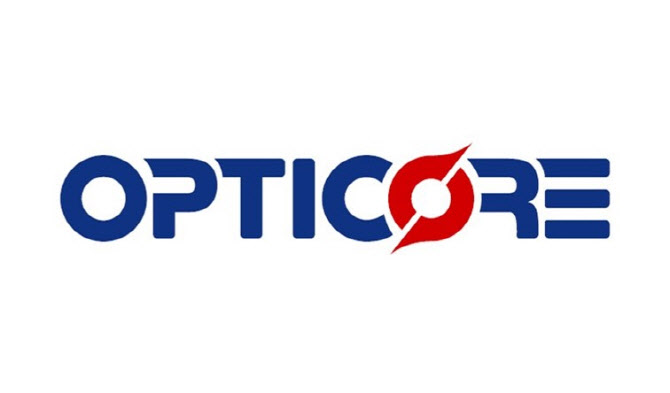
The strategic alliance highlights the collaborative efforts of companies specializing in optical transceivers and LiDAR technology to advance autonomous driving capabilities. The emphasis on utilizing low-cost, off-the-shelf components and advanced packaging technology reflects a practical approach to enhancing performance and reducing the overall cost of LiDAR systems.
5. TuSimple Redirects Focus to APAC Amid Autonomous Driving Industry Challenges
-
- TuSimple Holdings, an autonomous truck company, is refocusing its business efforts primarily on the Asia-Pacific (APAC) region, including China, Japan, and Australia.
- The strategic redirection coincides with TuSimple’s decision to delist from the Nasdaq exchange, with the last trading day predicted to be around February 7.
- CEO Lu Cheng cites regulatory support and a mature hardware supply chain in the APAC region as key factors in the decision to shift focus and pursue commercial success.
- TuSimple has demonstrated its Level 4 autonomous truck technology through test runs in Japan and fully autonomous runs in Shanghai.
- The company has faced challenges, including a nearly 98% drop in its share price since its IPO debut and reported operational losses in the first nine months of 2023.
- TuSimple has been under U.S. government investigation for alleged improper technology transfers to a Chinese start-up by a former CEO.
- The broader autonomous driving industry is struggling with profitability and commercialization hurdles, leading to layoffs and downsizing among industry players.
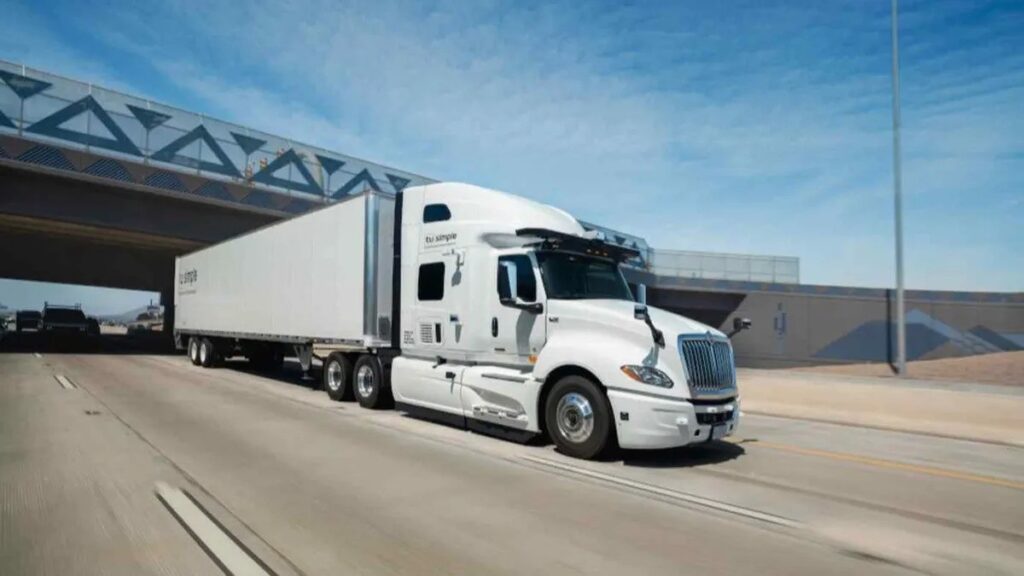
TuSimple’s decision to refocus on the APAC region reflects the company’s strategic response to challenges faced in the U.S. market, leveraging opportunities and support in the Asia-Pacific region. The shift aligns with the company’s effort to capitalize on regulatory backing and a mature hardware supply chain in APAC, factors critical for autonomous vehicle deployment and success.
*Contents above are the opinion of ChatGPT, not an individual nor company

